While Volkswagen and other European automakers are considering closing factories, new Chinese competitors are looking for production sites on the continent. What is happening to the automakers that were once the pride of Europe?
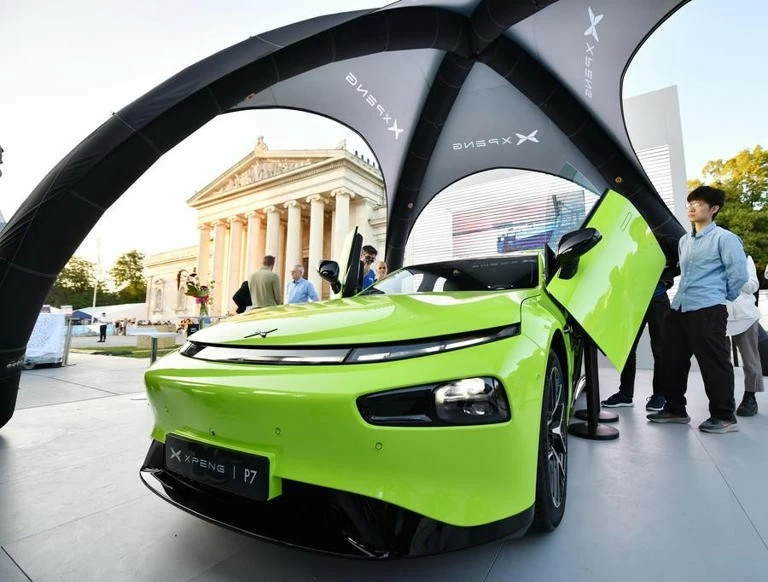 |
| The booth of Chinese automaker Xpeng at the 2023 International Motor Show in Munich, Germany, September 2023. (Source: THX) |
Europe's auto industry has fallen on hard times as car sales have fallen short of expectations and new electric models have struggled to gain traction with customers.
Not only is the continent's largest carmaker - Volkswagen - facing the risk of factory closure, French carmaker Renault and Italian car group Stellantis are also in crisis.
The situation is particularly dire at the Stellantis plant in Mirafiori, Italy, which produces the all-electric Fiat 500e, where sales fell more than 60% in the first half of 2024.
Meanwhile, the Belgian factory of luxury carmaker Audi - which produces the luxury Q8 e-tron - is also facing the risk of closure.
Sales problems are also causing headaches for managers at Renault’s plant in Douai, northern France, and VW’s in Dresden, Germany. Electric cars built there are struggling to find buyers and manufacturers are running at a loss.
The European auto industry is "in the midst of a structural transformation," Carsten Brzeski, chief economist at Dutch bank ING, noted.
Fierce competition
Pressure on European carmakers is particularly great from China because virtually every carmaker has a connection to the world's second-largest economy.
Back in 2017, when global auto sales peaked, China was the world's most profitable and fastest-growing market.
In recent years, despite European Union (EU) tariffs on Beijing-made electric vehicles, businesses from this Asian powerhouse have still established a foothold in the European market.
To avoid higher tariffs on their cars, manufacturers such as China's Geely, Chery, Great Wall Motor and BYD even plan to produce electric cars at their own factories in Europe.
The European auto industry is currently struggling with multiple problems at once, such as increasingly fierce global competition while competitiveness is declining, said economist Carsten Brzeski.
But Hans-Werner Sinn, former president of the Munich-based Ifo Institute, dismissed widespread criticism that European carmakers had failed. “The problem is that European companies have not realized how quickly and aggressively Beijing’s pro-electric policies are being implemented,” he said.
One of Germany's most prominent economists, Mr Sinn argues that policies such as the European Green Deal, the EU's ban on internal combustion engines from 2035 and increasingly stringent emissions standards have completely upended market conditions in a relatively short period of time.
This forced the auto industry to transform, leaving those that couldn’t adapt quickly enough on the sidelines. Furthermore, the Volkswagen diesel emissions scandal of 2015 put the entire industry on the defensive.
Meanwhile, China has seen the increase in electric vehicle production as an opportunity to break the dominance of German carmakers, Sinn said. And while all European carmakers see Beijing as their main competitor, electric carmakers from Asia's largest economy are currently benefiting the most from this shift.
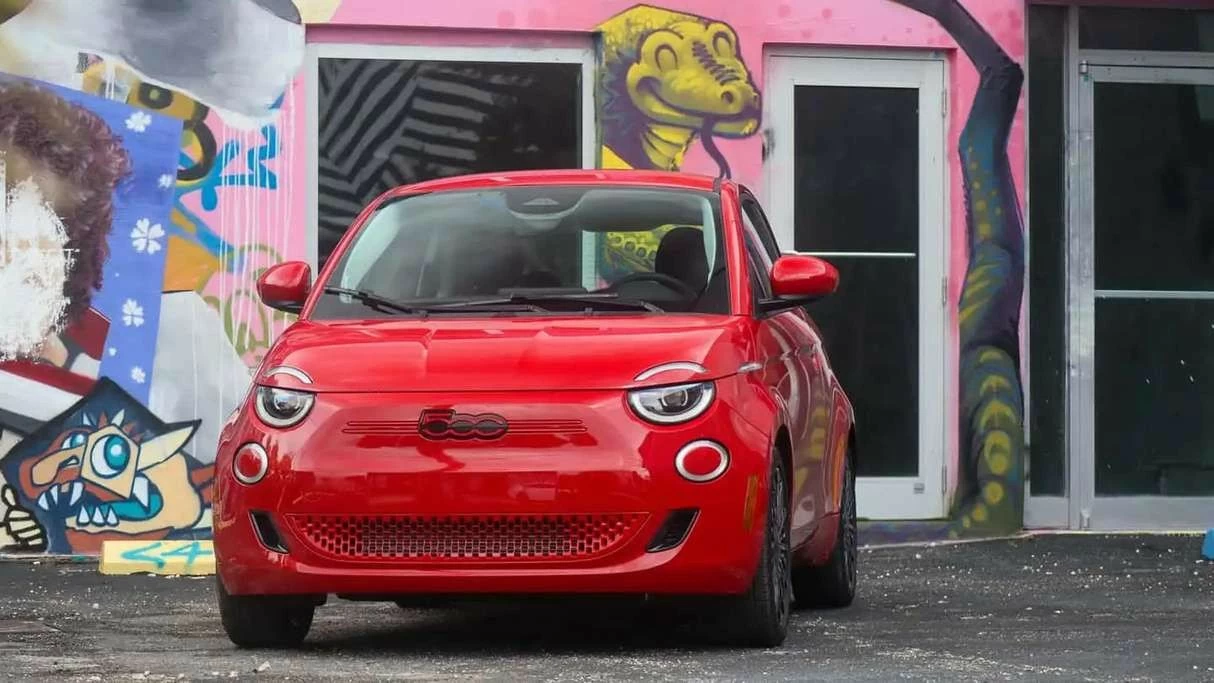 |
| At the Mirafiori plant near Turin (Italy), production of the Fiat 500e will be stopped for a month, starting September 13. (Source: Reuters) |
There will be more "victims"
For ING chief economist Brzeski, there is no doubt that the decline of the auto industry in Germany and Europe will threaten the prosperity of the region.
In Europe's "engine" alone, the auto industry - including suppliers, retailers and other companies that depend on the industry - accounts for 7 to 8 percent of the country's annual economic output.
To protect the European auto industry and, most importantly, thousands of high-paying jobs, economist Hans-Werner Sinn proposes the creation of a climate club that would create a “level playing field” for all carmakers operating in the global auto market.
Meanwhile, Mr. Frank Schwope, an expert in the automotive industry at the University of Applied Sciences for Small and Medium Enterprises (FHM) in Hanover (Germany), believes that Volkswagen can overcome the current decline in sales.
According to this expert, "the truth is that Volkswagen is still making huge profits. Specifically, the carmaker's profit is 22.6 billion euros (equivalent to 25.14 billion USD) in 2023 and the expected profit is 20 billion euros this year." Therefore, the difficulty that Volkswagen is showing is just a scenario aimed at promoting state subsidies for electric vehicles.
But not everyone thinks so.
Hans-Werner Sinn is uncertain about the European car industry's ability to overcome the crisis. He believes that Volkswagen is just the "first victim" and there will be more "victims".
Take Italian car manufacturer Stellantis, for example - which is actually having to stop production due to a sales crisis.
At the Mirafiori plant near Turin (Italy), production of the Fiat 500e will be halted for a month, starting September 13. This is the first time since 2007 that no Fiat 500 will be produced in Europe, whether internal combustion engine, pure electric or hybrid!
Source: https://baoquocte.vn/nganh-cong-nghiep-o-to-chau-au-roi-tu-do-volkswagen-chi-la-nan-nhan-dau-tien-ga-khong-lo-trung-quoc-troi-day-286764.html










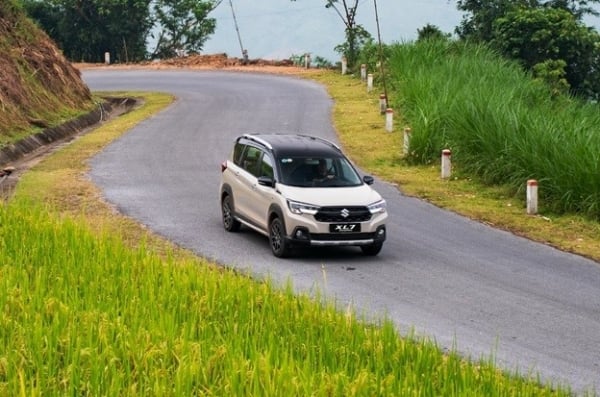

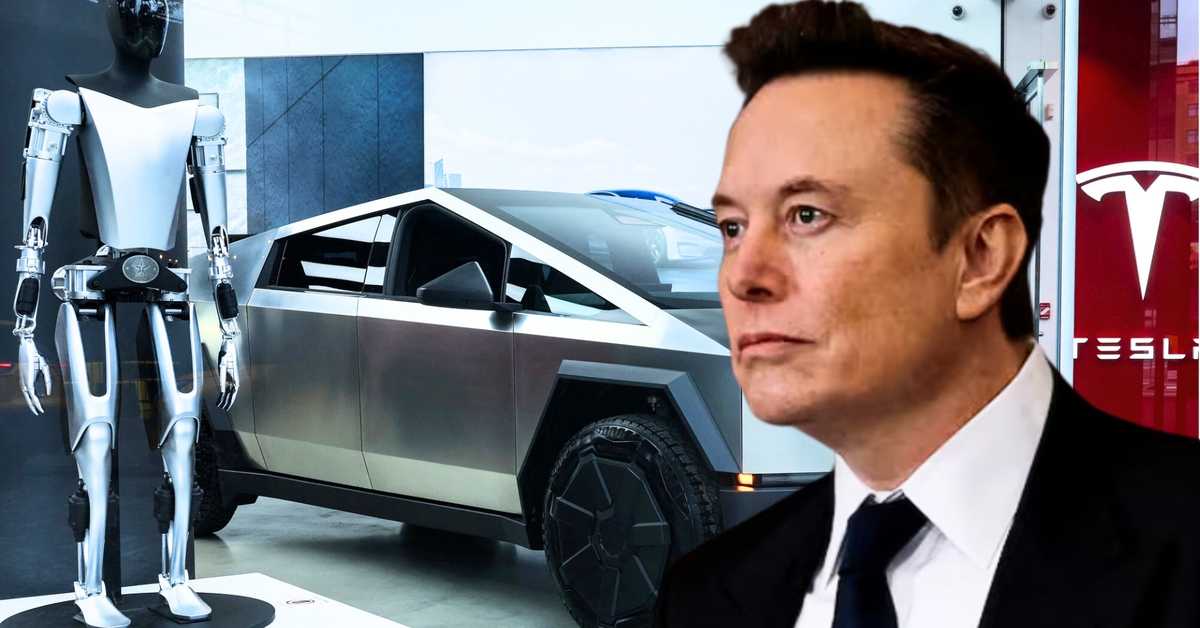

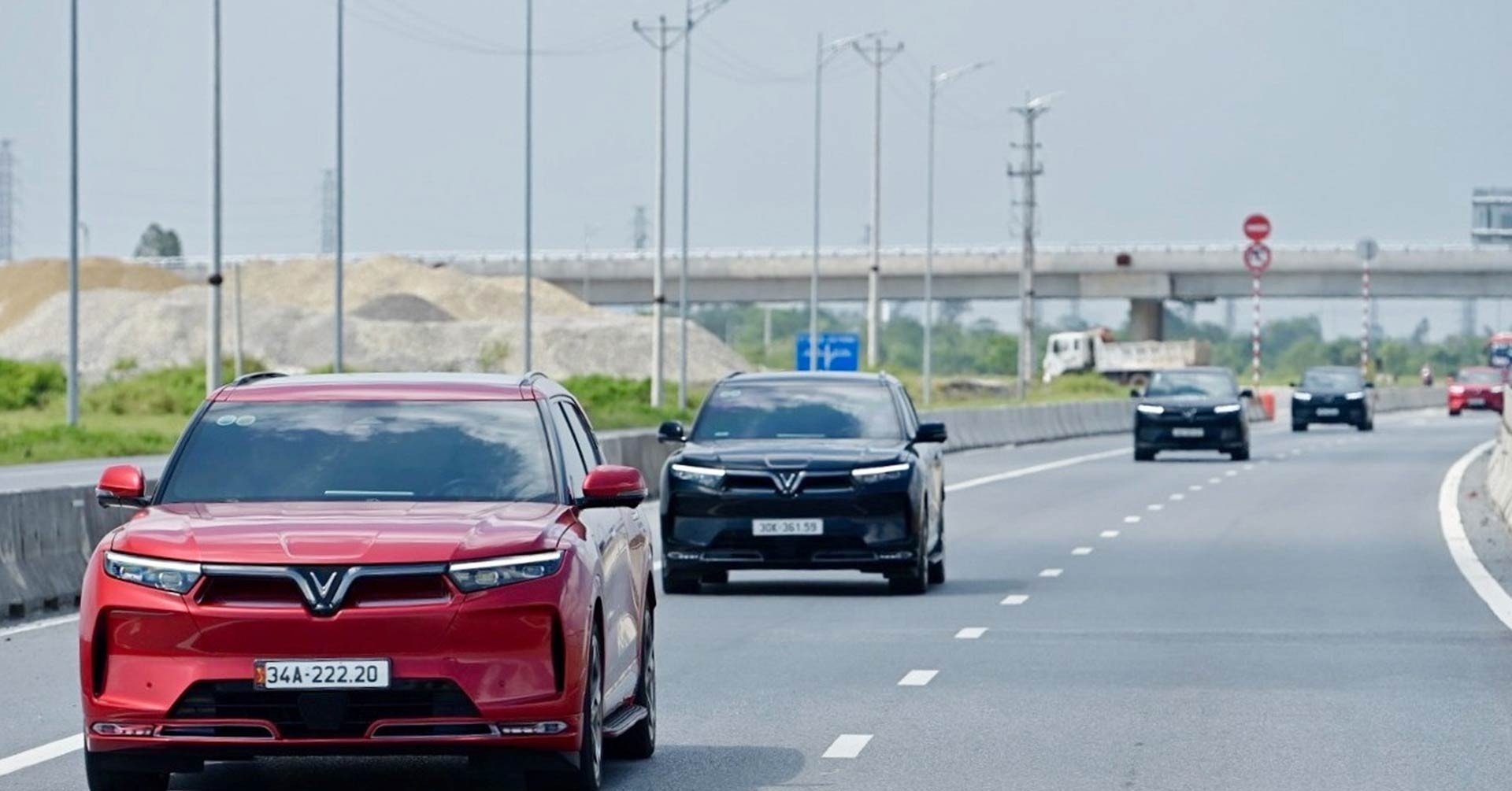

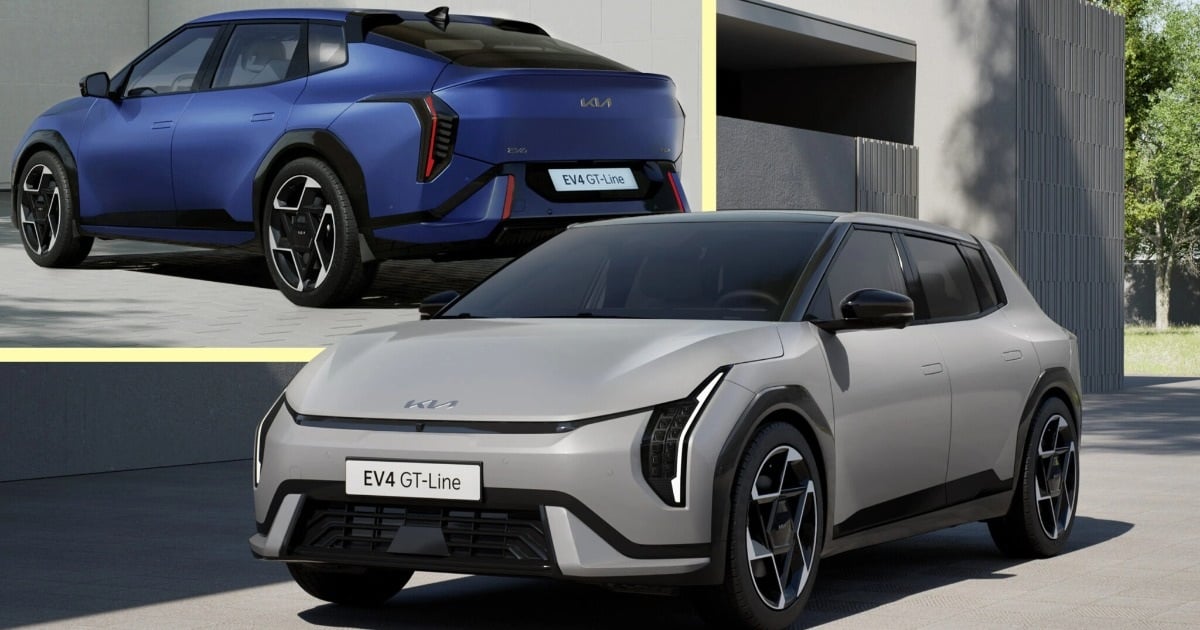

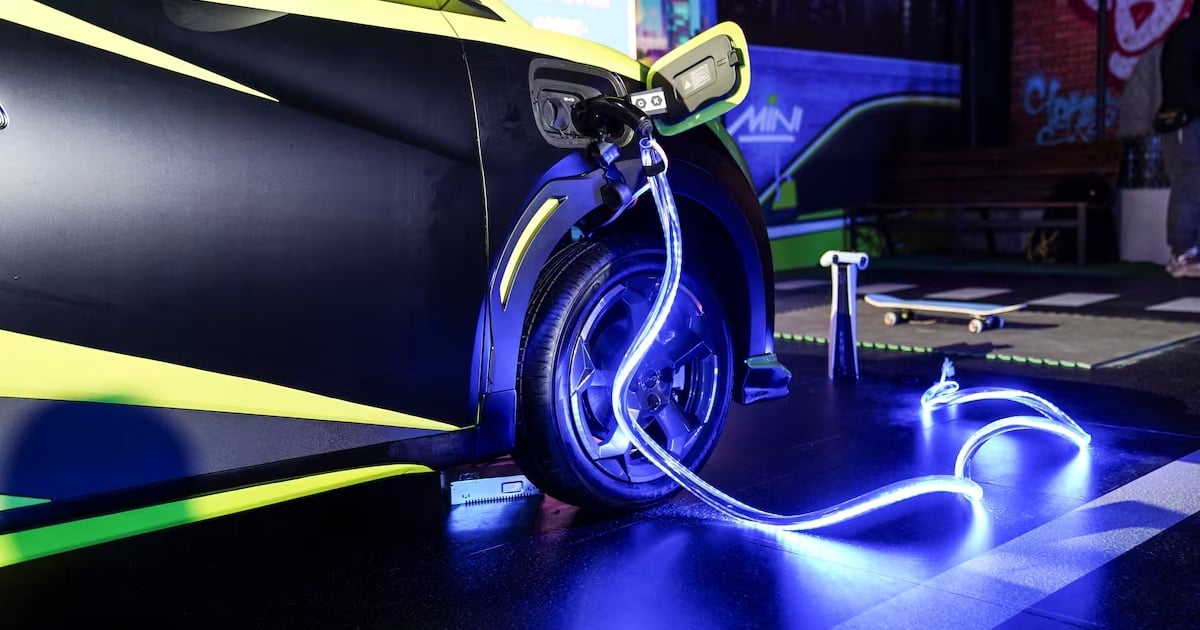




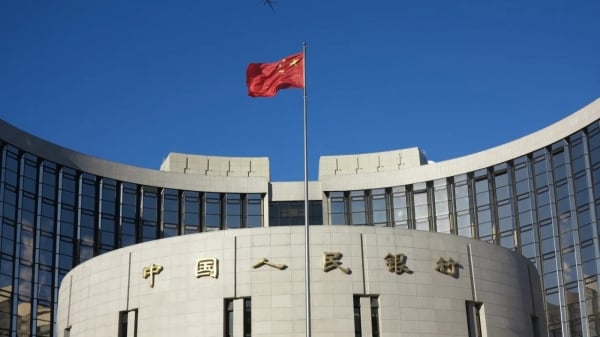

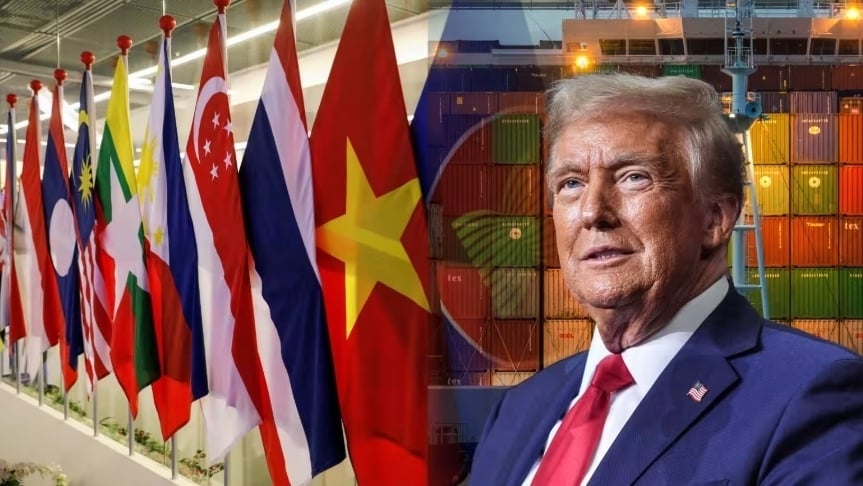




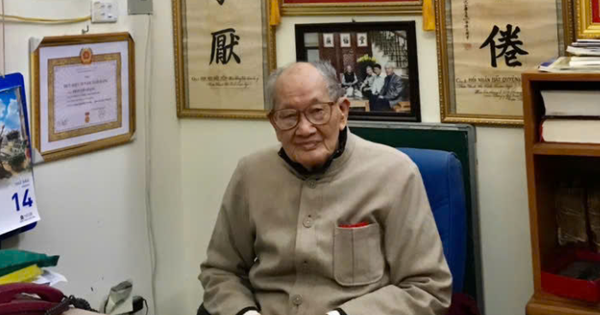









Comment (0)